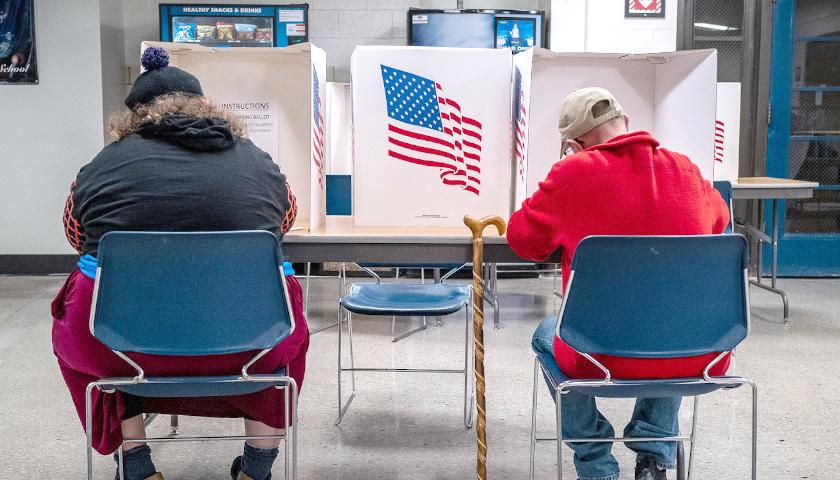An amendment this week by House Education Chair Mark White (R-Memphis) would, if made law, make more families eligible to participate in the state’s Education Savings Account (ESA) program. Often referred to as “vouchers”, ESAs provide state funding to eligible families to enroll their children in private schools.
Under the existing law, only students in Davidson and Shelby counties are eligible to participate, but earlier this session SB0012 was passed in the State Senate, expanding eligibility to Hamilton County students. The proposed amendment increases the potential for participation by students in even more districts.
White’s amendment to House Bill 433 would open the door to students who live in a district with 3 or more schools identified by the Tennessee Department of Education as “priority schools” in 2015, and those who had 3 or more schools among the bottom 10 percent of schools in 2017. That would make students eligible in Knox and Hamilton Counties to participate. If the bill passes through the House with White’s amendment, it would require reconciliation with the senate version before becoming law.
House Education Administration Committee Vice-Chair William Slater (R-Gallatin) tells The Tennessee Star, “I am in favor of expanding options to those counties. I think whenever you are increasing choices for families, you are on the right track.”
Asked if he was concerned that the bill uses measurements from pre-pandemic, and prior to the General Assembly passing historic education legislation designed to combat learning loss, he replied, “I’m not. I don’t see a conflict, but rather legislation running on a parallel track to offer more opportunities to more students.”
Tennessee’s ESAs are part of a 5-year pilot program that sets participation rates at 5,000 students in its first year, 7,500 students in its second year, 10,000 students in its third year, 12,500 in its fourth year, and 15,000 in its fifth year. Those numbers would not change, despite the proposed expansion of eligibility. Nor would the state’s financial obligation increase.
The state is entering the second year of the program. Initially, slated to start in 2019, court battles upheld implementation until this school year. Since opening the application process over the summer, the TDOE has received only 1,305 applications, with 423 students being approved by the department and enrolled in private schools for the 2022/2023 school year.
Districts affected by the ESA program receive money to offset the loss of funding resulting from students leaving to participate in the savings account program. That funding is slated to end in the 2025/2026 school year.
The amendment is supported by Knoxville’s Republican lawmakers, with signing on as cosponsors, including Representative Jason Zachary, who initially opposed the pilot program in 2019. During that vote, then-Speaker Glen Casada held the vote open for nearly 40 minutes, in order to persuade Zachary to support the bill, which he ultimately did.
Committee member Brian Richey (R-Maryville) has reservations about efforts to carve out individual districts for inclusion in the pilot program. He tells The Star via phone, “Once again, we are trying to pick winners and losers much like during the COVID period.”
He adds, “If ESAs are good for one group of students, why would they not be good for all students?”
The House Education Administration Committee is scheduled to take up the amendment on Wednesday.
– – –
TC Weber is a reporter at The Tennessee Star and The Star News Network. He also writes the blog Dad Gone Wild. Follow TC on Twitter. Email tips to [email protected]. He’s the proud parent of two public school children and the spouse of a public school teacher.
Photo “Mark White” by Tennessee General Assembly. Background Photo “Teacher and Student” by Arthur Krijgsman.
Editor’s Note: This article has been updated to reflect that under House Bill 433, students in Knox and Hamilton Counties would be effected.








